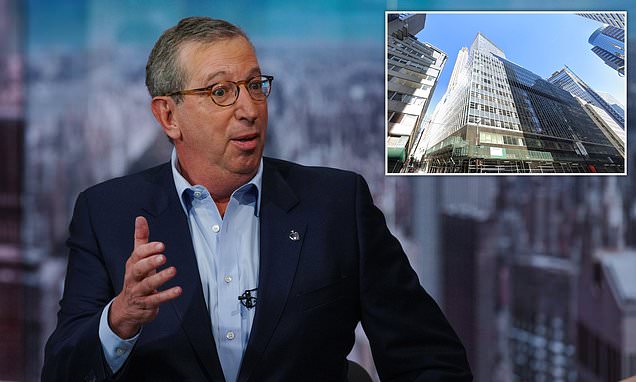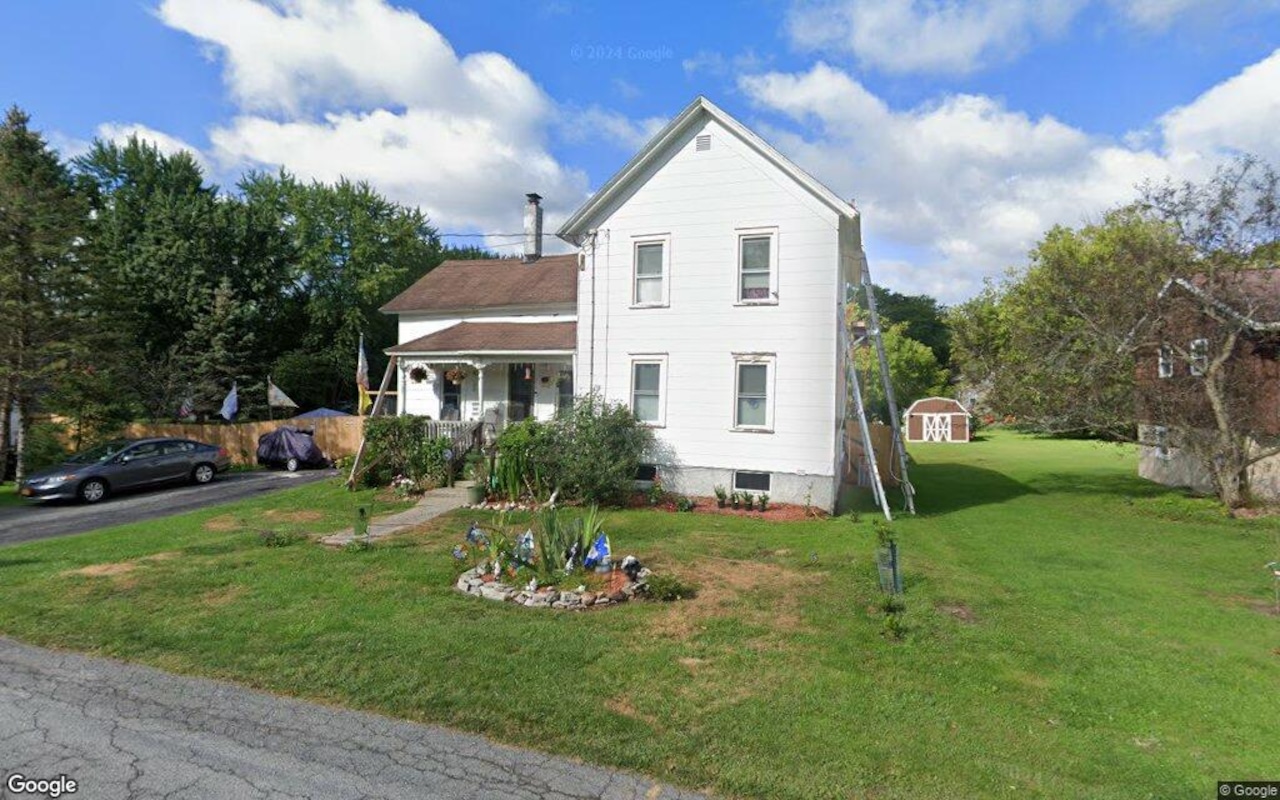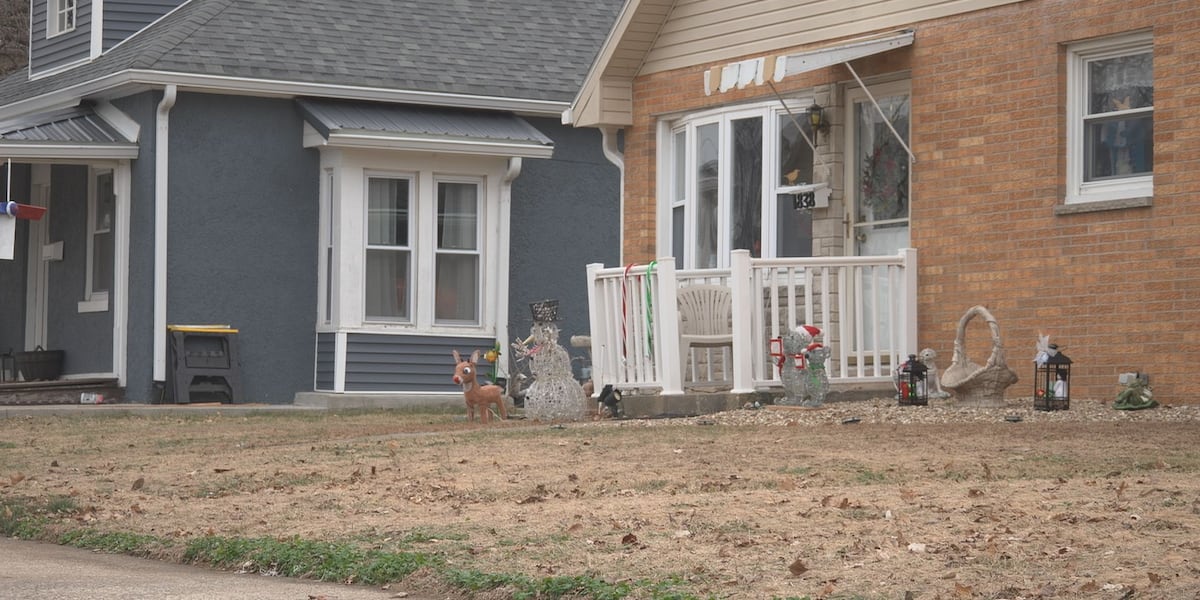W
illiam Rudin, co-executive chairman of the Rudin empire, has made a shocking decision that marks the end of an era for his family's business. The 69-year-old real estate tycoon has revealed he's been forced to sell two prime office towers, a move his grandfather swore never to make. "The world has changed," Rudin told the Wall Street Journal. "We have to take a cold hard look at our business in order to make sure there's a foundation for the next generation."
This dramatic move follows last year's sale of a 30-story tower in downtown Manhattan, which had been owned by the family since the 1960s. This fall, they also parted ways with 80 Pine Street for $160 million. The Rudin empire is not alone; New York's oldest real estate families are selling their buildings at fire-sale prices.
Remote work has changed everything, with US office vacancies now at record highs. These once-reliable cash cows need massive upgrades to attract tenants, and some have even been converted into residential apartments. Investment bank Eastdil Secured reports that New York's real estate families have sold about 10 office buildings in just 24 months, compared to fewer than five sales in the entire previous decade.
The sales are sparking family feuds as younger generations clash over whether to hold onto their inheritance or cash out while they still can. "Instead of 50 different aunts and uncles getting distributions, they're getting capital calls," revealed Gary Phillips, an Eastdil managing director. The crisis is also forcing families to reevaluate their business strategies.
"It's harder to make a case to sell" when values and profits are rising, explained Peter Boumgarden, director of the Koch Center for Family Enterprise at Washington University in St. Louis. "Now there's a sense of: 'Wait a second. We're not seeing improvement.'" These families, including the Dursts, Milsteins, and Trumps, have shaped New York's skyline since the late 1800s – many starting as European immigrants.
However, today's office market crisis is different. While some prime locations like Rockefeller Center are bouncing back, many family-owned buildings sit in less desirable areas and lack the amenities that modern tenants demand. "There's little incentive for landlords to make a significant contribution," said Stephen Siegel, chairman of global brokerage for CBRE Group. "It's money in and really no money out."












